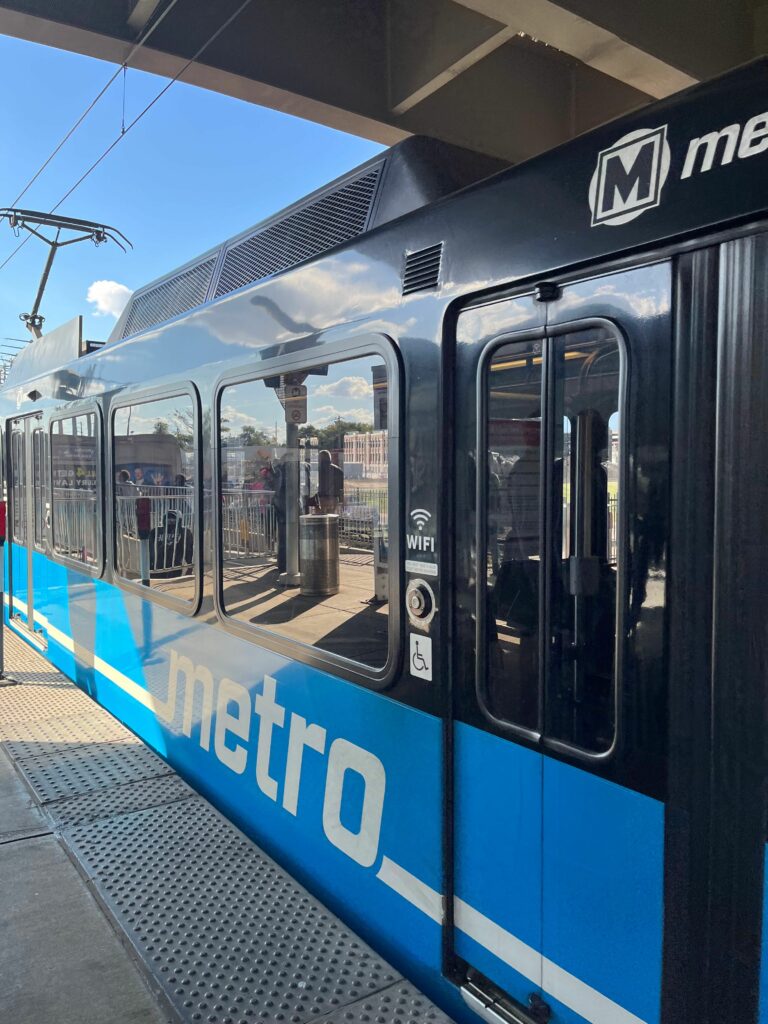A recent report by the Urban Institute finds that more than one in five adults with limited access to public transit skip healthcare visits because of transportation barriers, which can negatively impact long-term health. Similarly, research shows that the expansion of a public transit system, such as the development of a new light rail line, can provide greater access to health care for those living near the line.
“The benefits of public transit go well beyond the ride from point A to point B. We know individuals who take transit are more likely to hit the recommended number of daily steps from the CDC with a walking or biking trip at one or both ends of their trips. In addition, transit provides that critical access to healthcare which without, leaves individuals facing significant health issues,” said Kim Cella, executive director of CMT.
The Urban Institute study shows the importance of public transportation for equitable access to health care, especially for individuals without access to a vehicle. Improved access to health care and reducing the need to fill non-emergency healthcare-related transportation gaps through Medicaid coverage or expanded access to telehealth coverage provide additional return on investments for expanding and increasing investment in public transit.
Act Now for Transit: Help Ensure Transit Investment Part of Missouri Appropriations.
